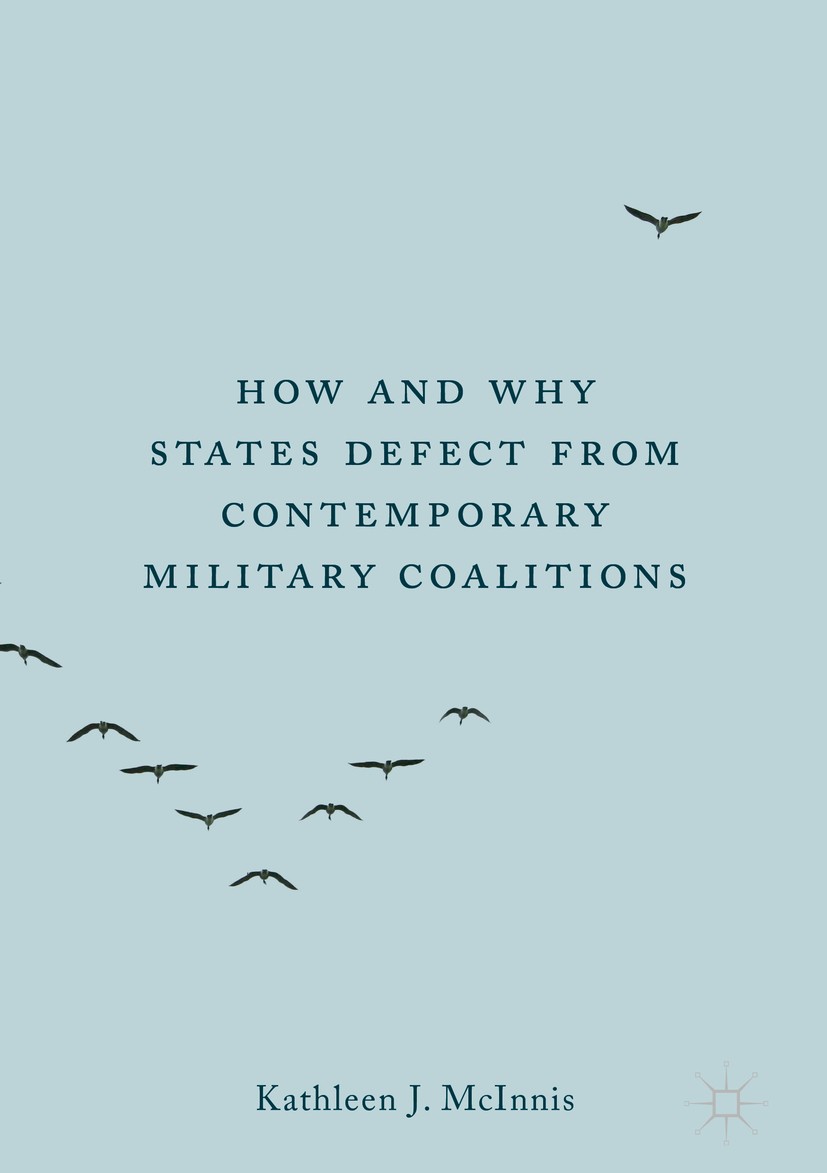| 書目名稱 | How and Why States Defect from Contemporary Military Coalitions |
| 編輯 | Kathleen J. McInnis |
| 視頻video | http://file.papertrans.cn/429/428724/428724.mp4 |
| 概述 | Examines the critical role alliance politics play in determining post-Cold War coalition participation and defection.Addresses the various different kinds of strategies that nations may employ to defe |
| 圖書封面 |  |
| 描述 | This book identifies contemporary military coalition defections, builds a theoretical framework for understanding why coalition defection occurs and assesses its utility for both the scholarly and policy practitioner communities. Drawing upon the author’s own experiences managing the Afghanistan coalition for the Pentagon, the volume builds a relevant policy and practical understanding of some of the key aspects of contemporary coalition warfare. Ultimately, it concludes that coalition defection is prompted by heightened perceptions of political and military risk.? Yet the choice of how to defect— whether to completely withdraw forces or instead find another, less risky way to participate—is largely a function of international and alliance pressures to remain engaged. |
| 出版日期 | Book 2020 |
| 關(guān)鍵詞 | security studies; military coalitions; coalition defection; military analysis; NATO studies; Afghanistan/ |
| 版次 | 1 |
| doi | https://doi.org/10.1007/978-3-319-78834-0 |
| isbn_ebook | 978-3-319-78834-0 |
| copyright | The Editor(s) (if applicable) and The Author(s) 2020 |
 |Archiver|手機(jī)版|小黑屋|
派博傳思國際
( 京公網(wǎng)安備110108008328)
GMT+8, 2025-10-13 06:04
|Archiver|手機(jī)版|小黑屋|
派博傳思國際
( 京公網(wǎng)安備110108008328)
GMT+8, 2025-10-13 06:04


